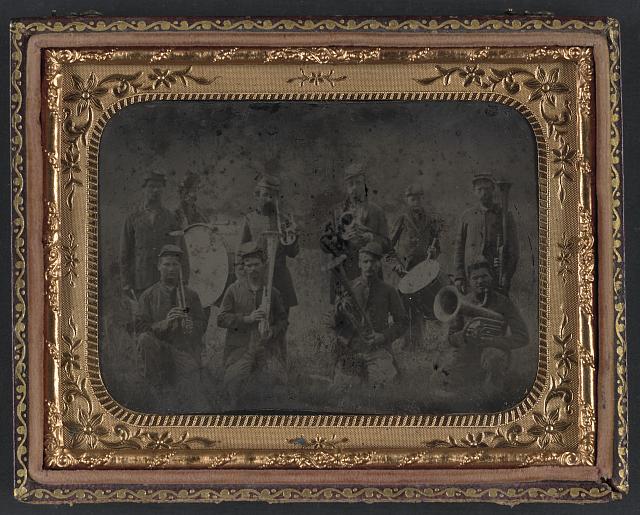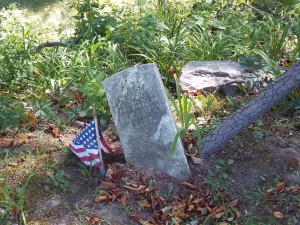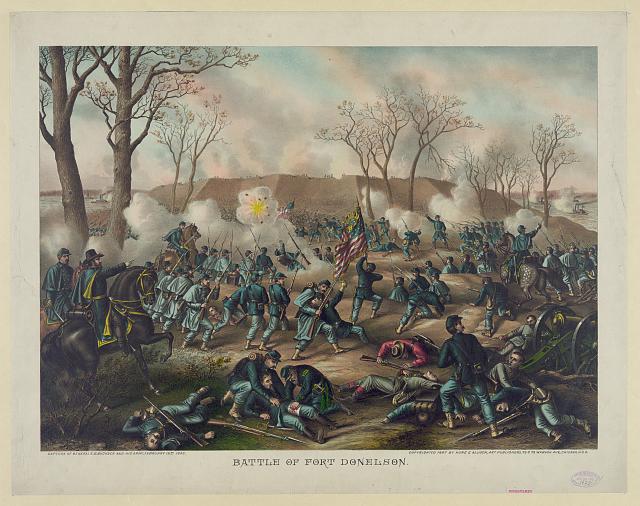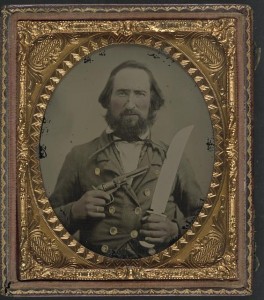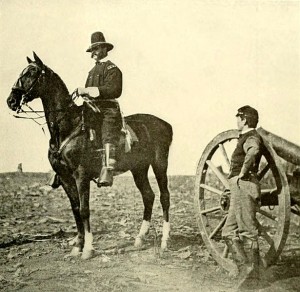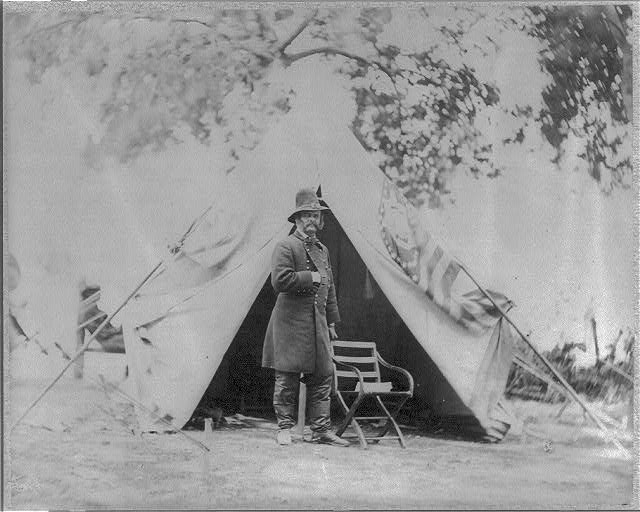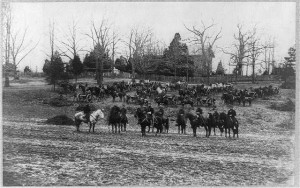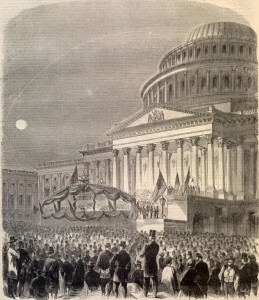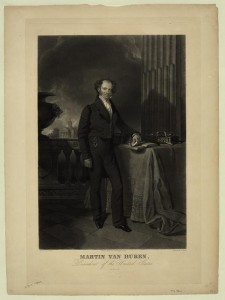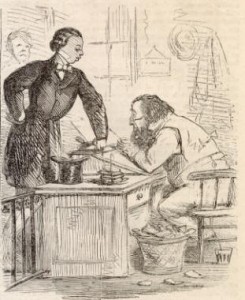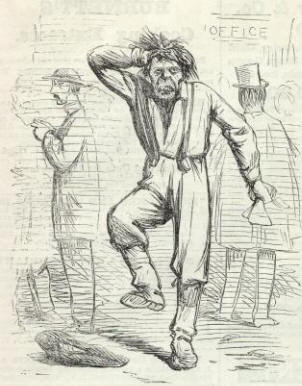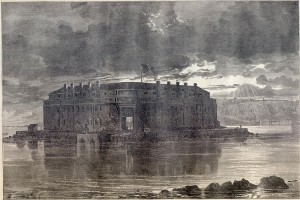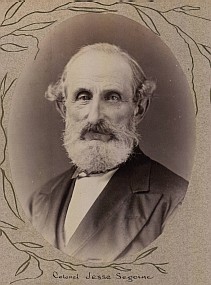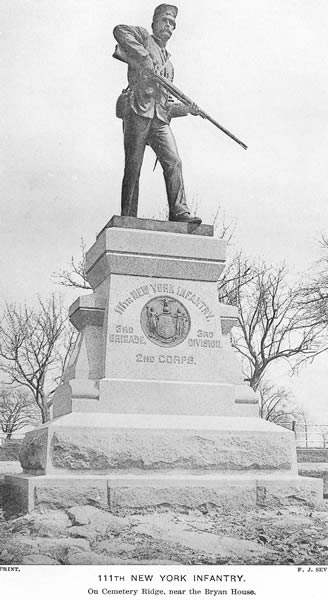Death by disease; recruiting for an “old” regiment.
Two from Seneca County, New York newspapers in August 1862:
Death of a Volunteer.
We regret to state that CHAS. SALVAGE, a volunteer from this village in Capt. MURRAY’s Company, 50th Regiment, died here on Tuesday morning. He returned home sick some two weeks ago, and has not been able to leave his bed since his arrival here. His funeral services were held at Trinity Church, on Wednesday, rev. Mr. GUION officiating. His age was twenty years.
__________________________________________________________
Third N.Y. Artillery.
Sergeant Wm. GUNN, Jr. returned home on Tuesday for the purpose of recruiting for the 3d N.Y. Artillery, now stationed at Newbern, N.C. He has opened an office at Stafford’s Hotel in this village. The 3d Artillery comprises the old 19th regiment, and there are many serving in the ranks from our county. Those who are desirous of enlisting in the Artillery, will find no better opportunity than the one offered by Sergeant Gunn. Volunteers who enlist in this arm of the service receive a bounty of two hundred and seventy-seven
The $277 bounty seems like a pretty good deal considering that Union privates earned $13 per month and, according to The Cincinnati Civil War Round Table, in 1861 “Average incomes ranged from $300.00 to $1,000.00 per year.” This article by William C. Moffat, Jr. points out that bounties were the carrot to the stick of the draft. At least early in the war there was a stigma attached to the idea of being drafted.
__________________________________________
10-08-2012: I found young Salvage’s grave at Restvale Cemetery in Seneca Falls on 9-2-2012. His tombstone reads:
CHAS. SALVAGE
SGT.
CO.K. 50th N.Y.
ENGS.
Somehow, someway he got promoted



